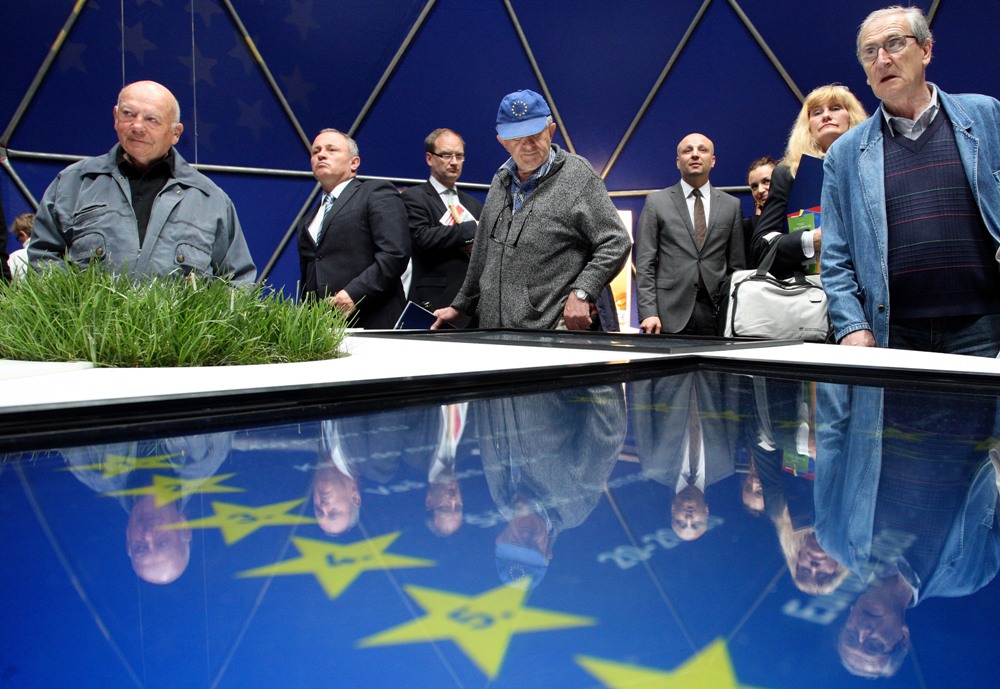The EU-Croatia Civil Society Joint Consultative Committee (JCC), a joint body of Croatian and EU civil society, which was created to monitor Croatia’s accession to the EU, held its 13th and last meeting in Zagreb on 18 June 2013.
At that meeting the JCC was informed of the open letter to the Croatian Government and Parliament sent by the ‘Autonomous Trade Unions of Croatia (SSSH)’, the ‘Independent Trade Unions of Croatia (NHS)’ and ‘Platform 112’(network of 70 organisations), which expresses the concern of these organisations about the reticence of the Croatian government to take effective consideration of the points of view expressed by Croatian civil society at a recent hearing on the ‘Draft Law on cooperation between the Croatian Parliament and the Government in European Affairs’.
It is apparent that this law will be the key legislative tool establishing the procedures for Croatia’s future responses to EU legislative proposals and policies. It is essential, in line with practices in existing Member States of the EU, and indeed in Croatia itself during the accession process, that the full breadth of Croatian civil society is informed and consulted prior to the transposition and implementation of EU legislation in Croatia and that it is fully involved in the programming and oversight of EU funds.
Following the recommendations of the JCC and EU institutions during the accession process, the JCC regrets the Croatian government’s apparent reluctance until now to take into account all important Croatian civil society’s positions on the new law, for example free access of civil society organisations to EU document databases and stakeholder consultations. The JCC calls on the Croatian government and Parliament to establish urgently a permanent and stable mechanism for regular consultations with Croatian civil society organisations, in order to ensure that Croatia adheres to the commitment it made to the EU of fostering participatory and democratic practices also after its accession to the EU.
As part of the solution it calls on the Government and Parliament to make use of bodies such as the Croatian Economic and Social Council and the Council for civil society development, since social and civil dialogue on EU policies is essential for the timely identification of potential negative policy impacts of EU policies.
These consultations are an essential component of social and civil dialogue which is the fundamental pillar of participatory democracy in the EU.
Following the dissolution of the JCC upon Croatia’s EU accession on 1 July, Croatian civil society organizations and their partners will continue to monitor developments on this matter through the Brussels-based European Economic and Social Committee (EESC).
